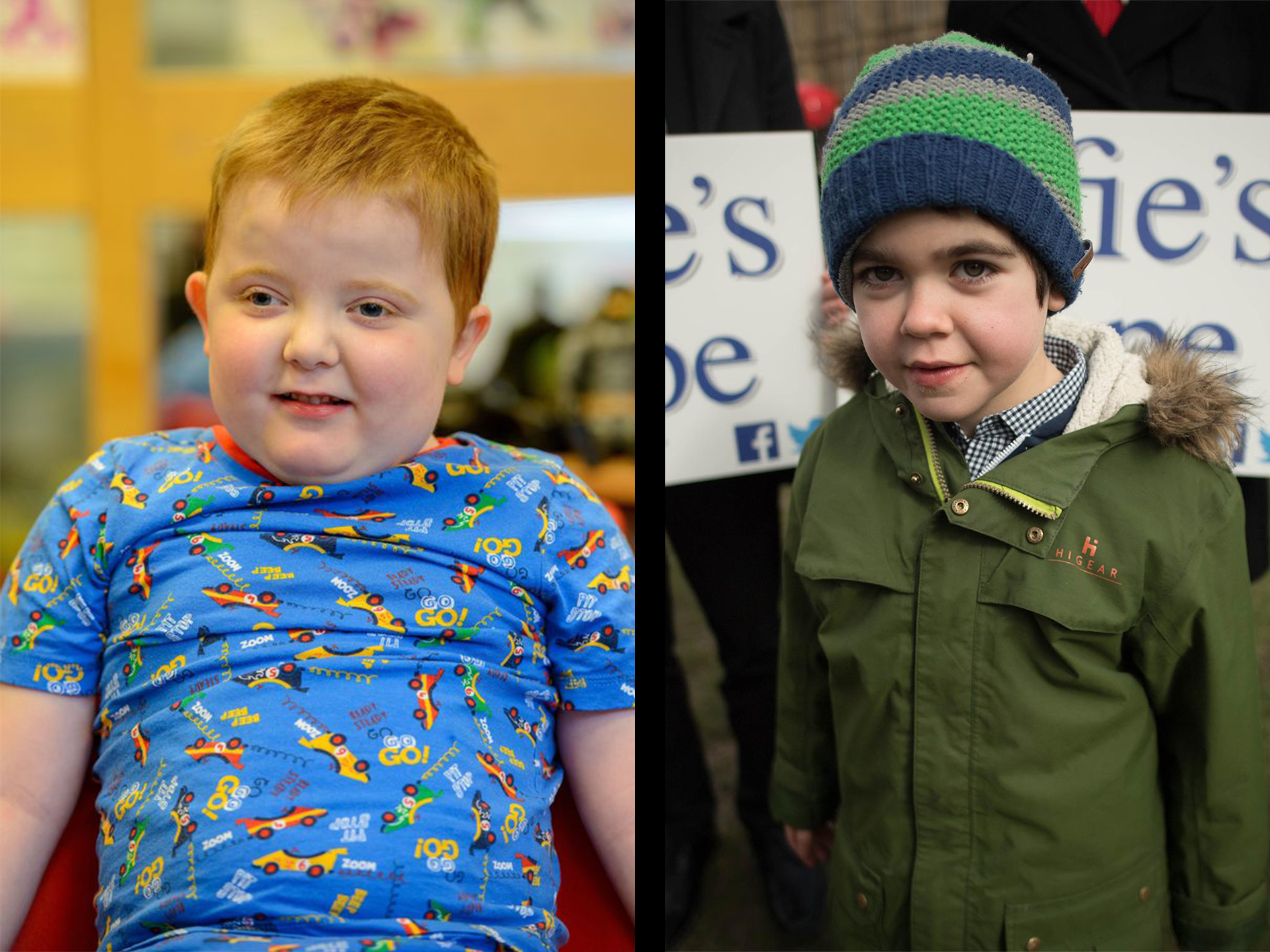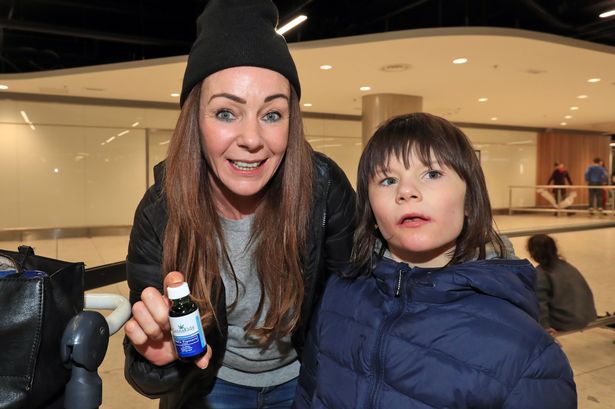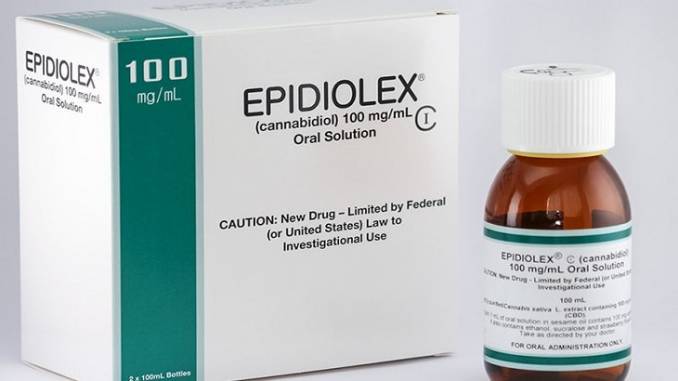“Massive upsurge” in parents demanding access to medical cannabis for epileptic children
- Over 500,000 people in the UK have epilepsy
- 20,000 of those are children who don’t respond to pharmaceutical medication
- Demand for access to medical cannabis containing THC is rising, but leading doctors claim “not enough evidence” it works
Despite cannabis being legalised for medical purposes in the UK on Nov 1, parents of severely ill children are still unable to get access, with leading doctors citing not enough evidence that THC can help.
There are over 20,000 children in the UK who suffer epilepsy that doesn’t respond to traditional pharmaceutical medications, leading parents to demand access to medical cannabis.
Paediatricians across the UK are reportedly seeing a “massive upsurge” in the number of parents demanding that cannabinoid medication containing THC be prescribed to their epileptic children.
According to the Mail Online, hundreds of parents contacted doctors following the high-profile cases of Billy Caldwell and Alfie Dingle. Conservatives ministers changed the law on prescribing THC for children with intractable epilepsy after the children’s cases went viral in British news.
Both brave children have been prescribed cannabinoid medication containing both Cannabidiol (CBD), a non-psychoactive compound, as well as small amounts of the Tetrahydrocannabinol (THC), the psychoactive compound.

Leading paediatricians now claim that they are ‘horrified’ that so many parents now see cannabis as the only hope for helping their children.
Speaking to the Mail Online, D.r Joseph Symonds, a paediatrician at Glasgow’s Royal Hospital for Children, said:
‘We have seen a massive upsurge in the number of parents asking for cannabis, and specifically cannabis with THC, because of the media interest around the children who have responded well to it.

“But the fact remains that while CBD products have medical benefits, there is just not enough evidence to say that THC cannabis will help a child’s epilepsy.
“I can usually talk patients round and explain the dangers but there’s a minority of people who will just go and buy the drug online anyway.”
Of the 2,000 child patients Dr. Symonds treats at his clinic every year, he claims that more than 1,600 of their parents have asked him to prescribe cannabis.
After meeting with a ‘dozen’ of his paediatrician colleagues, they all agreed that there has been an exponential rise in the number of patients asking for cannabis prescriptions.
He also claimed that the “media storm” surrounding medical cannabis was actually damaging the relationship he has with his patients:
“It’s important to have a good therapeutic relationship with your patients and agree what the best way forward is.
“If they come to you saying they want cannabis and you have to say ‘Actually, I don’t really want to prescribe your child this because we don’t know whether it’s harmful or not and we don’t know whether it helps or not’, that has potential to damage that relationship.’
“’Every parent whose child has epilepsy is going to ask themselves what they can do to help. And the one thing they will have heard about is cannabis.
“Compounds derived from cannabis should be treated like any other medicine: investigated rigorously and when proven to be safe, efficacious and cost-effective, prescribed correctly.”
Both the Home Office and the Department of Health are reportedly now deciding which doctors will be allowed to prescribe cannabis products. For now, doctors who want to do so must apply to an independent panel for approval.
“But the fact remains that while CBD products have medical benefits, there is just not enough evidence to say that THC cannabis will help a child’s epilepsy.”
– Dr. Joseph Symonds, paediatrician at Glasgow’s Royal Hospital for Children
Is Dr. Symonds right to have reservations about medical cannabis?
Despite his claims that there “is not enough evidence” to support the argument for using cannabinoids to treat intractable epilepsy, a number of significant studies have been recently published.
This includes research from GW Pharmaceutical, a British based pharmaceutical company which grows cannabis in the UK.
Their current study on their own CBD medication, Epidolex, recently passed the second positive phase 3 for patients with Dravet Syndrome (a severe form of epilepsy).
According to their press release:
“In this trial, Epidiolex, when added to the patient’s current treatment, achieved the primary endpoint of reduction in convulsive seizures for both dose levels (10 mg/kg per day and 20 mg/kg per day) with high statistical significance compared to placebo.
“Both Epidiolex doses also demonstrated statistically significant improvements on all key secondary endpoints.”

Researchers in New York and Reading (UK) searched for peer-reviewed, primary literature using a PubMed search on cannabis treatments for epilepsy, to see if there was a sufficient quantity of high quality research to support claims that cannabis can be used effectively for epilepsy treatments.
Studies were evaluated based on their scientific rigor and use of physiologically relevant drug concentrations to in vitro studies.
The researchers found that:
“…the evidence describing the effects of major plant cannabinoids that do not act as CBR ligands, most notably cannabidiol and cannabidavarin, exerts consistently beneficial therapeutic effects in preclinical models of seizures, epilepsy, epileptogenesis, and neuroprotection, consistent with emerging human clinical trial results.”
If leading research is finding that cannabis can indeed be safely administered, with greater success than pharmaceutical medications, why are leading paediatricians voicing such strong opposition to prescribing desperate parents cannabis for their children?
If parents in America, Spain and Holland can legally access medical cannabis treatments, why are parents in the UK being denied?
Is it time that our paediatricians listen to their patients, rather than force dangerous, addictive pharmaceutical medication on their children?
